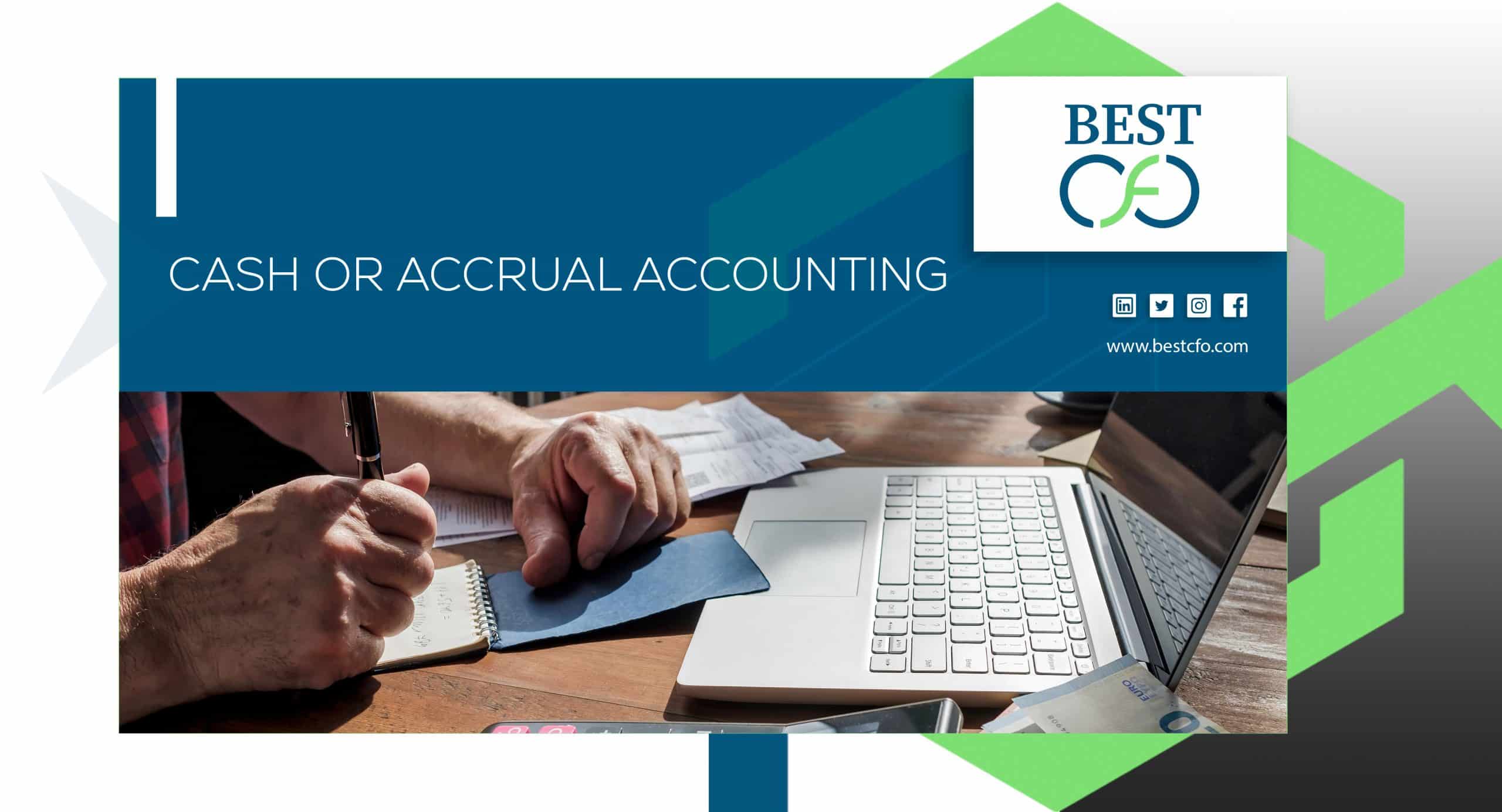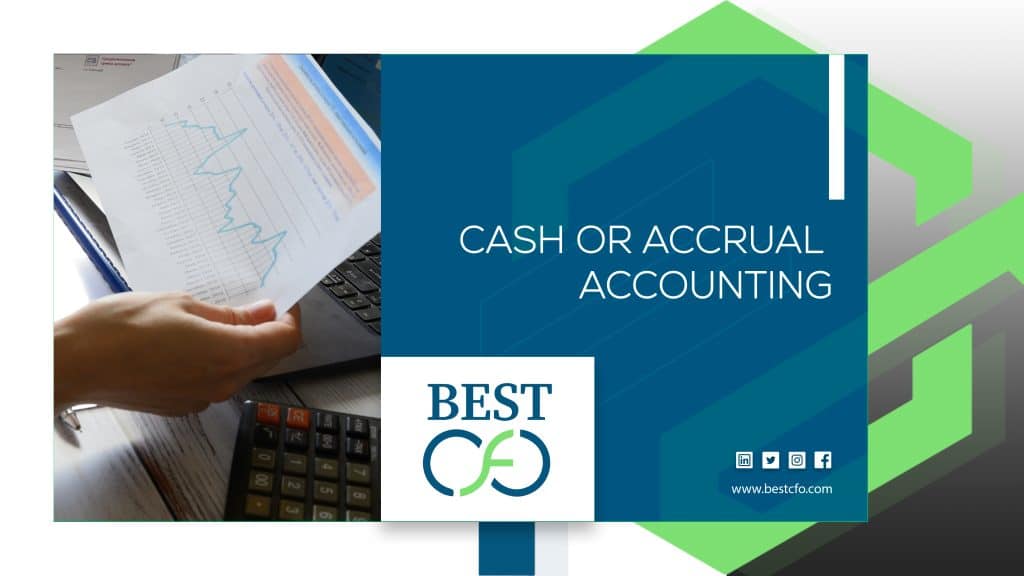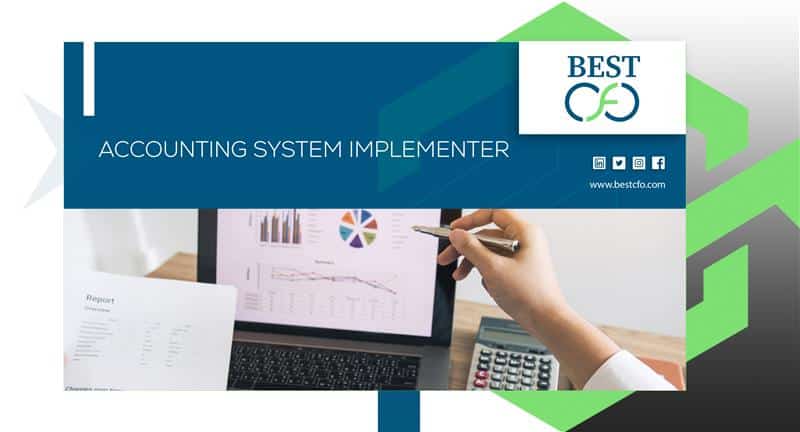
| Getting your Trinity Audio player ready... |
Cash or Accrual Accounting: Which One Should You Use?
Many businesses have a choice between using the cash or accrual accounting method for tax purposes. The cash method often provides significant tax benefits for those that qualify, though some businesses may be better off using the accrual method. Thus, it’s wise for your business to evaluate its tax accounting method to ensure that it’s the most advantageous approach.
In this article, we will understand the difference between the cash and accrual accounting methods. Their advantages and disadvantages, and how to choose between them.
What is the Cash Accounting Method?
The cash accounting method, or cash basic, is the easiest method among cash or accrual accounting. In cash basic you record income only if you receive the cash/money, and you record expense once the cash leaves from your hand.
Let’s understand this with an example:
Imagine yourself running a small accounting company for your clients, Albert (Client A) and Becca (Client B). Client A sends you a cheque for $4,000 for your accounting services. On the other hand, you send an invoice of $6,000 to Client B for the recent accounting service you provided. Meanwhile, you receive a $2,000 rent bill from your landlord, which is not yet paid. Additionally, you pay a $1000 electric bill. Under the Cash Basis, you record income of $4,000 because Client A paid you and expenses of $1,000 for the month, as you paid the electricity bill only.
What is the Accrual Accounting Method?
Accrual Basis accounting is more complex. You track income when you earn it even when you forward out the invoice too. You record expenses as you encounter them like when you receive the bill.
Let’s understand this with the same example as above:
According to the accrual accounting method, you now record the total income of $10,000 and the total expense of $3,000. Which means you record all the incomes, Client A’s $4,000 cheque, and the invoice of $6,000 you send to Client B. For expenses for count $2,000 rent bill and $1,000 electric bill.
The Advantages of Cash and Accrual Accounting
Let’s explore pros between cash or accrual accounting which method have the most benefits:
Advantages of the Cash Accounting Method
One of the cash basis’s primary advantages is its simplicity. Tracking your money is simple when you use cash receipts or disbursements to calculate income and spending. You’ll also get a better idea of how much cash you have accessible. On the other hand, the cash basis can also provide tax benefits to small firms because income is recorded later — when the money is received rather than when the invoice is issued.
Advantages of the Accrual Accounting Method
First and foremost, the IRS requires you to adopt the accrual basis if your company generates at least $25 million in revenue every year. However, even if your company’s revenue is less than $25 million, the accrual system offers further benefits. Clear financial picture. The accrual method provides a clear financial picture of your profitability by include accounts receivable and payable. For example, suppose you own a company that sells textbooks to college/university bookstores. Your busiest times of the year will most likely be late July/early August (fall semester) and late November/early December (winter semester). Your customers (educational institutions) purchase textbooks on credit, paying in September and January. According to the cash basis, your busiest months appear to be January and September, as that is when you receive the cash. However, on the accrual method, you would correctly identify your busiest months as July/August and November/December. Business Financing Banks and private equity firms often demand that borrowers use accrual accounting.

The Disadvantages of Cash and Accrual Accounting
Now, let’s explore the cons between cash or accrual accounting which method have the most benefits:
Disadvantages of the Cash Accounting Method
Tracking Incoming and Outgoing Funds. Because there are no accounts receivable and payable, cash basis accounting makes it more difficult to track incoming and exiting monies. If you issue an invoice or get a bill, you must refer to either document. Legal requirements: When your revenue exceeds $25 million, the IRS mandates you to transition to accrual accounting. Changing accounting methods during a period of fast expansion might cost you both time and money. Business Financing Private equity firms and banks have lending requirements that make it more difficult for Cash Basis businesses to secure funding.
Disadvantages of the Accrual Accounting Method
Cash flows Accrual accounting does not track cash flows, thus you will not know exactly how much cash you have available. You may have a high income on your financial statements, but relying on these statistics to make certain financial decisions could lead to major financial problems. Complexity Accrual accounting is more difficult and expensive to implement. The complexity issue may be exacerbated if you began on a cash basis. Switching to a new accounting approach while still using old systems is difficult, especially if you’re growing quickly. Taxes This refers back to cash flows. Because you must record income when you send out the invoice, not when you receive payment, you may owe taxes on money you have not yet received.
Which Accounting Method is Suitable for Your Business?
Every accounting method has its advantages. The most appropriate method for you will be determined by your employer. New enterprises will do well on the cash basis. This method’s simplicity saves you time and money, which you can then invest in growth. In addition, you can keep better track on your cash reserves. However, if business experience quick development, you should consider switching to the accrual approach sooner rather than later to prepare for GAAP standards. The smaller your organization is when you switch methods, the easier it is to implement the new way. Remember that the IRS only allows you to convert to the accrual method at the end of the year. If you need accounting assistance, Best CFO could be a good fit for your company.
Previous Post
Top Accounting System Implementer – QuickBooks & More
Post a comment Cancel reply
Related Posts
Do I Need An Accountant As A Sole Trader?
Do I Need An Accountant As A Sole Trader? Are you a sole trader running…
Fractional Finance 101: Unlocking the Power of Micro-Investing
Fractional Finance 101: Unlocking the Power of Micro-Investing Have you ever looked at the price…
Top Accounting System Implementer – QuickBooks & More
Top Accounting System Implementer – QuickBooks & More Choosing the right accounting software is one…
Already Have a Loan? How You Can Get a Second Title Loan
Already Have a Loan? How You Can Get a Second Title Loan If you’re already…
 Demos
Demos  Colors
Colors  Docs
Docs  Support
Support 














